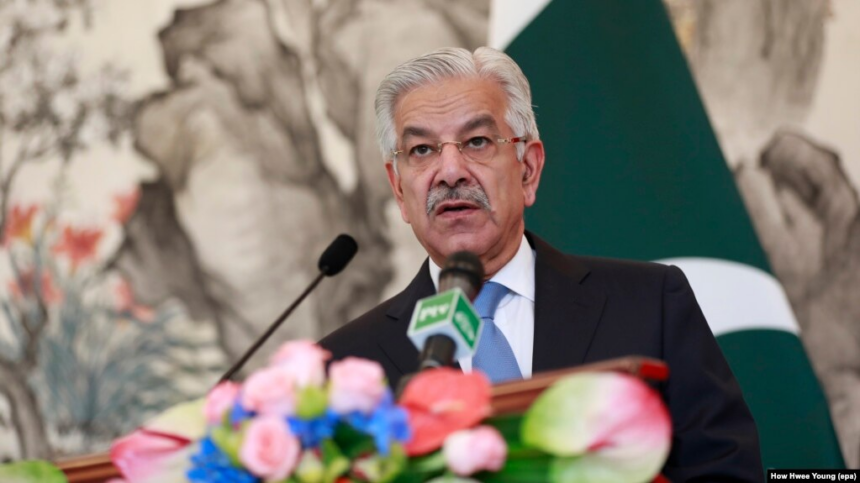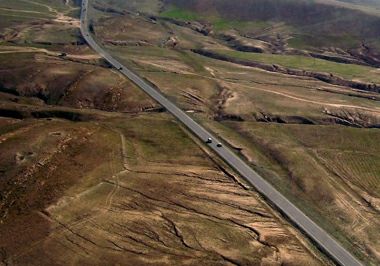RASC News Agency: In a groundbreaking and unprecedented admission, Pakistan’s Defense Minister, Khawaja Muhammad Asif, has publicly acknowledged that his country provided financial and logistical support to terrorist and militant organizations including the Taliban and Lashkar-e-Taiba over the course of three decades. During an exclusive interview with Sky News on Thursday evening, April 24, conducted by veteran journalist Yalda Hakim, Asif responded candidly when pressed about Islamabad’s historic backing of extremist groups.
“We carried out this dirty work for almost thirty years for the United States, for the West, including Britain,” he confessed, marking one of the most forthright acknowledgments by a senior Pakistani official to date.
Asif further admitted that these policies were grave miscalculations, stating bluntly that Pakistan is now facing the dire consequences of its past decisions.
“We are paying the price today for the choices we made then,” he remarked, alluding to the domestic instability and growing militant threats that continue to plague Pakistan. This admission marks the first time a high-ranking figure within the Pakistani government has so directly confirmed the country’s role in supporting groups that have repeatedly been implicated in deadly terrorist attacks across South Asia.
Successive Afghanistan’s governments had long accused Pakistan of sheltering, training, and equipping the Taliban allegations Islamabad consistently denied. Asif’s comments, however, lend substantial credence to those longstanding claims and are likely to reignite international scrutiny of Pakistan’s role in perpetuating regional instability.
In the same interview, Asif turned his attention to the recent escalation of tensions with India, warning that any military aggression from New Delhi would be met with a “reciprocal” response from Islamabad.
“The international community must be concerned about the potential for conflict between two nuclear-armed nations,” he warned, invoking fears of a catastrophic escalation should hostilities spiral out of control. Relations between the two nuclear rivals have sharply deteriorated following the killing of 26 tourists in Indian-administered Kashmir an attack that New Delhi has linked to Pakistan-based militants. In the aftermath, India moved swiftly to seal its borders with Pakistan and announced the suspension of the Indus Waters Treaty, a cornerstone agreement governing the shared management of vital water resources.
Pakistan denounced India’s decision, branding the suspension of the treaty as a “declaration of war” and warning of far-reaching consequences if diplomatic efforts failed to resolve the standoff. Analysts note that Asif’s rare and forthright admission could have profound geopolitical repercussions. At a time when Pakistan is grappling with severe economic hardship, rising political unrest, and increasing diplomatic isolation, these revelations risk further tarnishing its international reputation.
Moreover, Asif’s comments are likely to bolster calls from global powers for Islamabad to demonstrate tangible commitments to dismantling terrorist networks operating within its borders.
As regional tensions intensify and fears of an armed confrontation loom large, Khawaja Muhammad Asif’s stunning admission may well prove to be a historic turning point exposing the depth of Pakistan’s entanglement with militant groups and forcing a long-overdue reckoning with the security architecture of South Asia.






